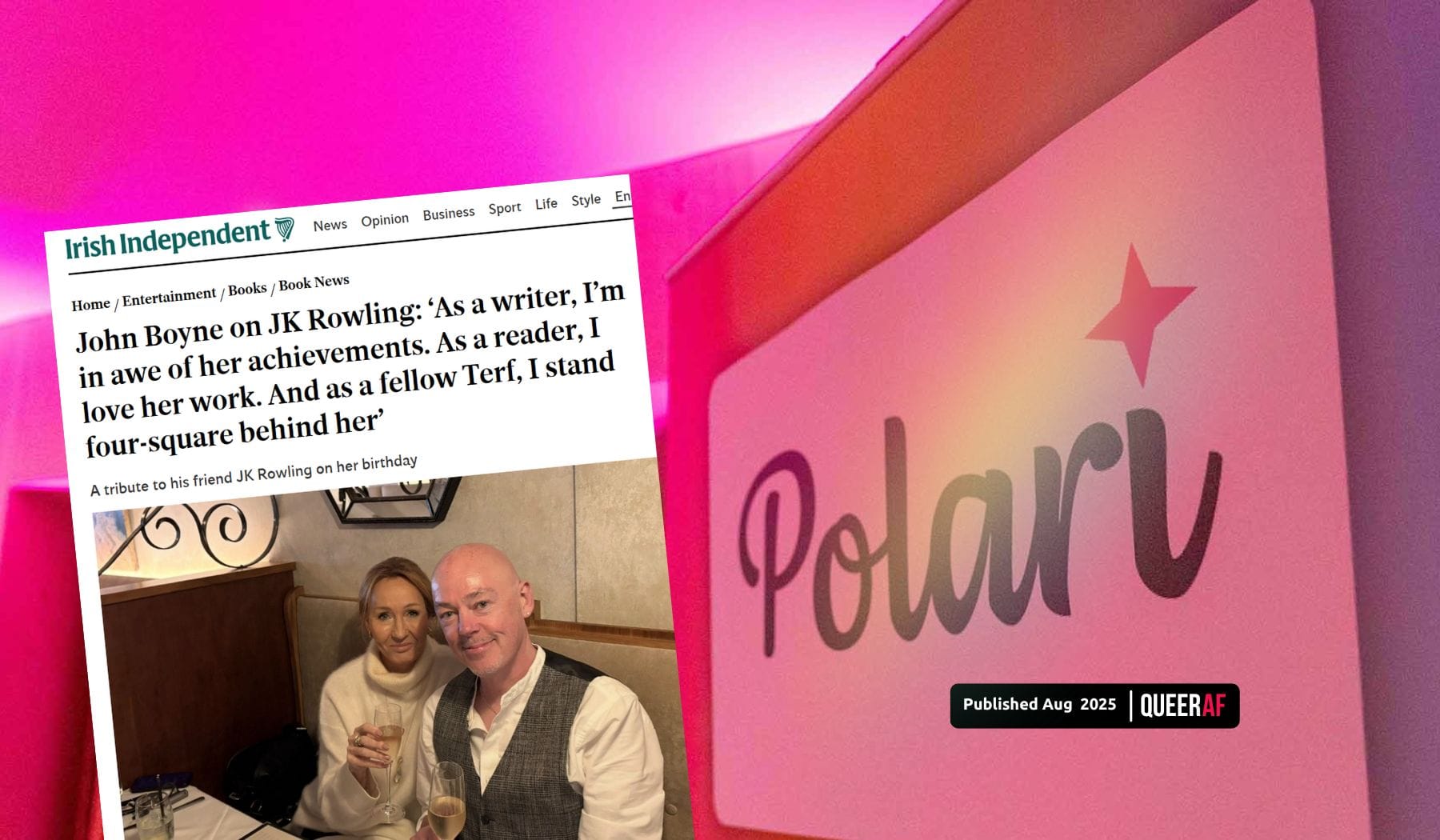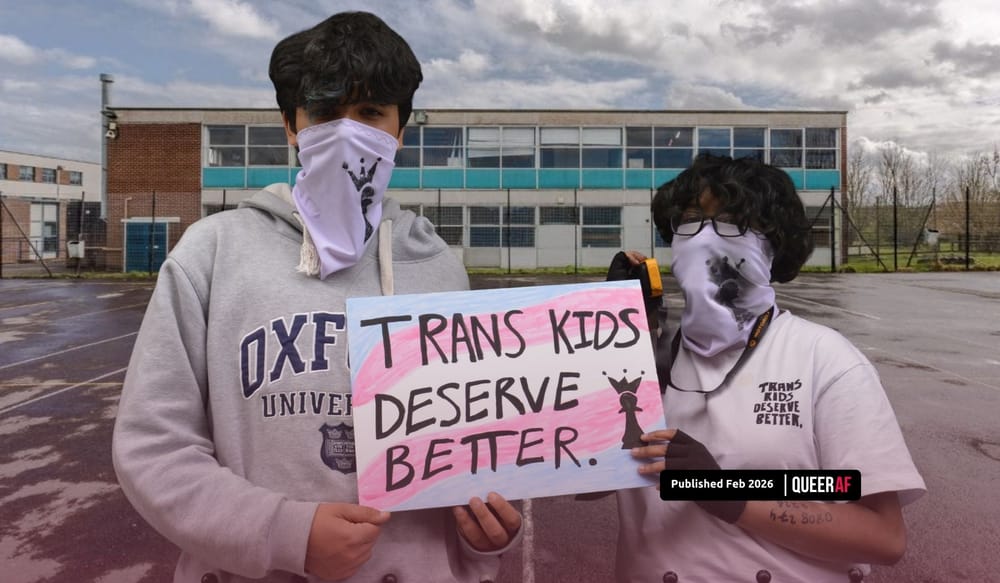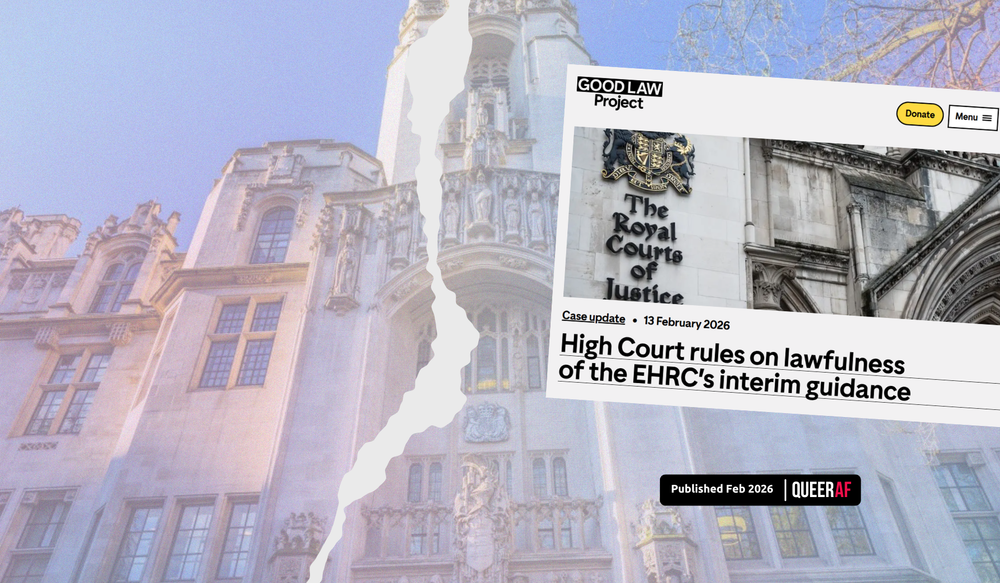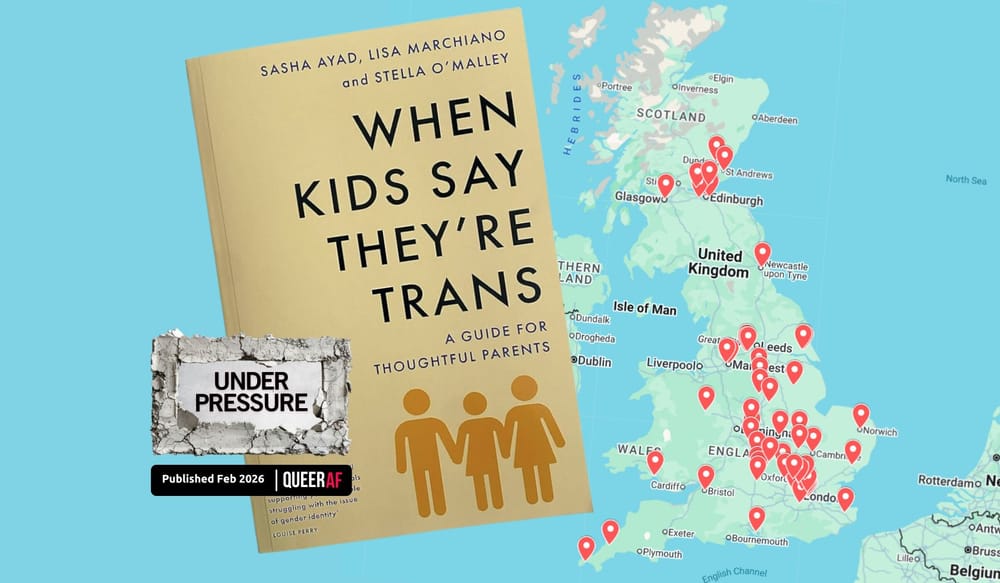TL;DR: The Polari Prize has "paused" its celebrations this year after 16 of 25 authors withdrew from the once respected LGBTQ book prize amid the inclusion of John Boyne, a self-proclaimed 'TERF' who has shared gender-critical rhetoric, and is a supporter of JK Rowling.
Sixteen authors have now withdrawn their support and the chance to win the once respected Polari Prize, which celebrates LGBTQ authors in the UK.
The prize came under fire after including the novella Earth by John Boyne, who has a history of supporting anti-trans rhetoric and advocates, including gender-critical campaigners like JK Rowling, on its longlist - Assigned Media
The longlist was first announced on August 1st, and the prize organisers have since put out two public statements in response to criticism from the growing list of authors and judges withdrawing from participating in the 2025 prize. The most significant of these came early as trans author Nicola Dinan, one of the judges and last year's winner, pulled out.
This was closely followed by a statement signed by some 800 writers and publishing workers objecting to Boyne's nomination to the prize. Heartstopper author Alice Oseman, is among the signatories, as well as writers including, Nikesh Shukla, Julia Armfield, Naoise Dolan, Seán Hewitt and Kirsty Logan - The Guardian
In its second statement on the matter, the Polari Prize had said it was "committed to going forward with the prize this year" but added it will "consult representatives from across the community ahead of next year's awards". However in an update Monday, it added it will no "pause the prize this year while we increase representation of trans and gender non-conforming judges on the panels for all the awards and undertake a governance and management review."
Who is John Boyne and what are his views?
Boyne is best known for his book The Boy In The Striped Pyjamas, which went on to become an international hit, grossing over $31m worldwide.
His gender-critical views became apparent amid his book My Brother's Name Is Jessica, which was criticised for focusing on a cisgender character's discomfort with a trans character - Xtra
Boyne has since gone on to make his views pronounced, declaring himself a 'TERF' (trans exclusionary radical feminist) in an Irish Times op-ed. In it he also defended JK Rowling and praised her work and achievements.
Responding to the criticism, Boyne said it has brought him ‘close to the edge’ but added if the writers did re-enter the list, he would ask the judges not to consider Earth for the shortlist. He also said in his statement that "if the rights of trans women come into conflict with the rights of what you call ‘cis’ women, then the latter must take precedence" - The Guardian
Analysis: Long past the 'separating the work from the author' era
Much of the response to this story has focused on how celebrating and creating a safe space for Trans+ people can't be done while framing this community's lives as "substantive issues."
Indeed, it speaks to a wider narrative we often hear about with Harry Potter too: can you separate the work from the author? In the case of JK Rowling, many agree that you cannot - she has made public how she funnels her profits into anti-trans campaigns and law cases.
That is exactly where the award has trapped itself. It has set an ideal - perhaps one that comes from a generational gap - that Boyne’s work and his prejudices can be separated. But in an environment where Trans+ rights are under attack, a gateway to a wider rollback on LGBTQIA+ rights as we're seeing in the US, the community is clear:
An attack on one of us, is an attack on us all.
Sat Aug 16: This article previously listed Jason Okundaye as a signatory to the statement, he was instead one of the authors who withdrew from the book list.

We're in an acute period of attacks against our community:
A time where people who hate us are feeling more and more enabled to share, spread and communicate those attitudes.
In this period of uncertainty, you can trust QueerAF to be here - in your inbox every Saturday, to ensure you have all the latest information you need to navigate the changes, and to know how to fight back.
The kind of journalism we do week in week out, goes far beyond writing the 4000 words in this newsletter every week, or spending all week newsgathering. It requires us to build relationships with queer organisations, advocacy groups and with activists to ensure our ears are on the ground, and that we can connect the dots - so you're better equipped for the fight ahead.
QueerAF is a small team; for now, I'm the only one who works here full time and on top the news I do, I work with our network of contributors, mentees on our training schemes and freelance staff - to ensure we punch above our weight. We're both small and mighty.
But I'll level with you: we need your help. QueerAF's largest source of revenue is from people like you. That's by design. We've refused ads in this newsletter because it keeps us focused on what counts, not what clicks. It helps us stay grounded with what the community needs.
If you can, please join the hundreds of other QueerAF members who ensure our small but mighty newsletter, can take on the mainstream media and deliver you the information you need for the fight ahead.











